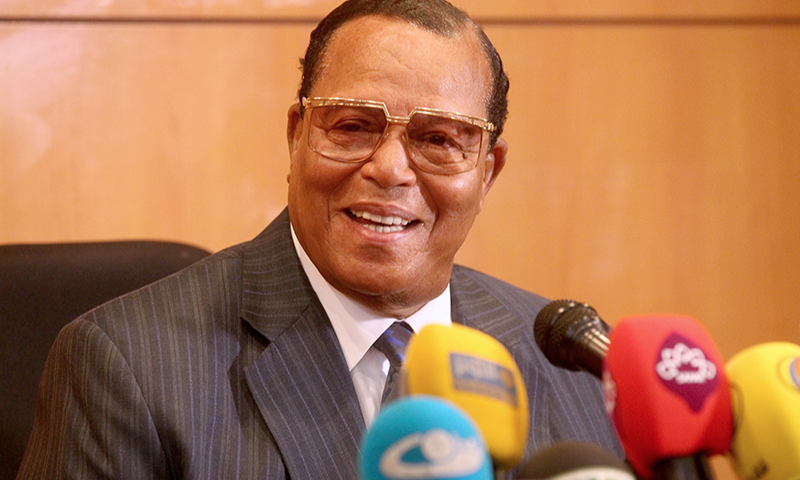Eunice G. Pollack
INSS, June 1, 2022
“Although American Jews had been the ethnoreligious group most engaged in the struggle to end racial discrimination, the new antisemites relentlessly portrayed Jews as Blacks’ foremost foe.”
Beginning in the early 20th century, American Jews had been Blacks’ foremost ally in the struggle for integration and racial justice. This article explores how, when, why, and by whom this alliance was challenged and then sundered, increasingly replaced by Blacks’ strong bond with Arabs, especially Palestinian Arabs, whom they identified as fellow anti-racist people of color. It traces the expansion and intensification of the racialized forms of antisemitism/anti-Zionism among Blacks that accompanied the unraveling of the alliance with Jews and the development of the new attachment to Arabs from the 1960s to the present—and examines the responses—and non-responses—of Black and Jewish leaders to the spreading poison.
Introduction—In the Beginning
From the mid-1960s, barely a generation after the Holocaust—when corporate America had begun to hire Jews, universities had set aside their Jewish quotas, and covenants barring the sale of houses to Jews were disappearing—Black militants, often Black nationalists, began to mount a full-throated assault on Jews and the Jewish state. From these years until the present, polls regularly revealed not only significantly greater percentages of American Blacks than Whites endorsed antisemitic tropes, but that the animus was “strongest among younger, better-educated . . . blacks” (Schneider, 1984). A study conducted in 1970 ranked 73% of Blacks in their twenties, as opposed to 35% who were fifty and older, as high on its index of antisemitism. Unlike during the Civil Rights Movement, by 1978 a survey of “black leaders” found that 81% agreed that “Jews chose money over people” and in a 1975 poll, about two-thirds were “indifferent to whether Israel existed as a state” (Friedman, 1995). Overall assessments of the incidence of antisemitism among Blacks and Whites revealed stark differences: in 1981, 42% of Blacks, as opposed to 20% of Whites, agreed that “Jews have too much power in the United States” (Schneider, 1984). About a quarter century later, in 2005, the divide persisted: 36% of African Americans held “strong antisemitic beliefs”—four times the percentage of Whites (Anderson, 2005). The racial gulf was evident even within political categories: in 2020, 42% of “black liberals” versus 15% of “white liberals” endorsed antisemitic “stereotypes” (Sales, 2021).
Despite all the evidence of enduring Jew-hatred, few Black leaders openly condemned it, with many taking refuge behind the formula voiced by the African American novelist James Baldwin in 1972 that “the powerless, by definition, can never be ‘racists.’” Henry Louis Gates, Jr., chair of Harvard University’s African and African American Studies Department, recognized that this “slogan . . . would all too quickly serve as a blanket amnesty for our own . . . bigotries” (Gates, 1992). Indeed, currently, “anti-racist campaigners” continue to echo the dictum “Racism equals prejudice plus power.” As a result, the writer John-Paul Pagano explains that “even drooling Jew hatred . . . can get a pass if the antisemite first registers as a victim” (2016).


